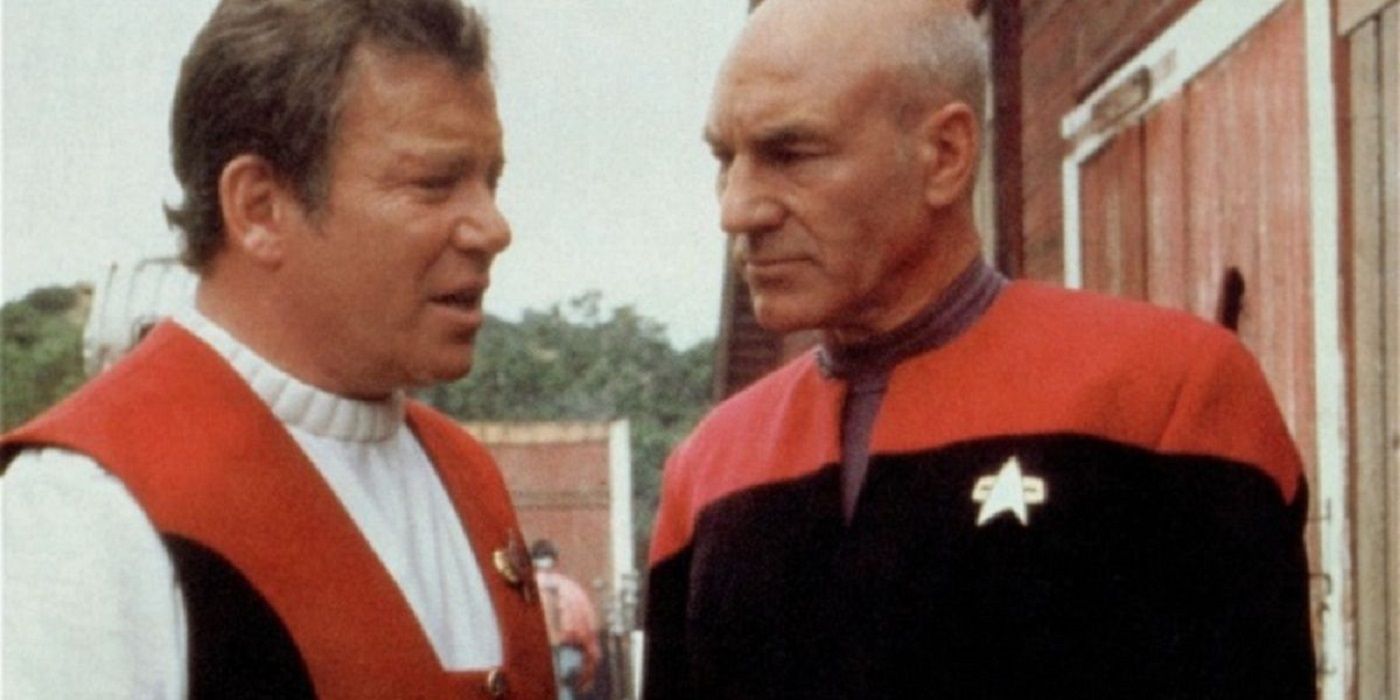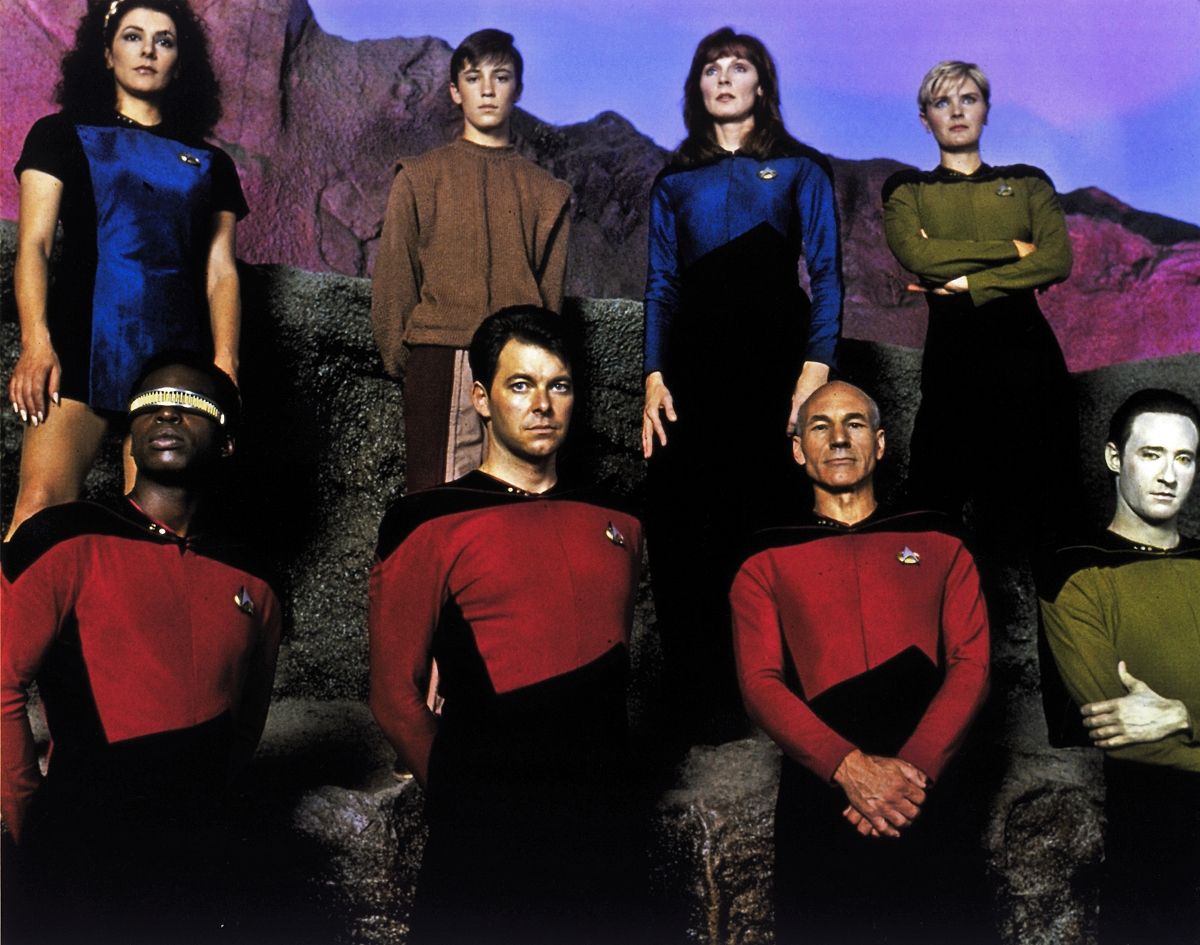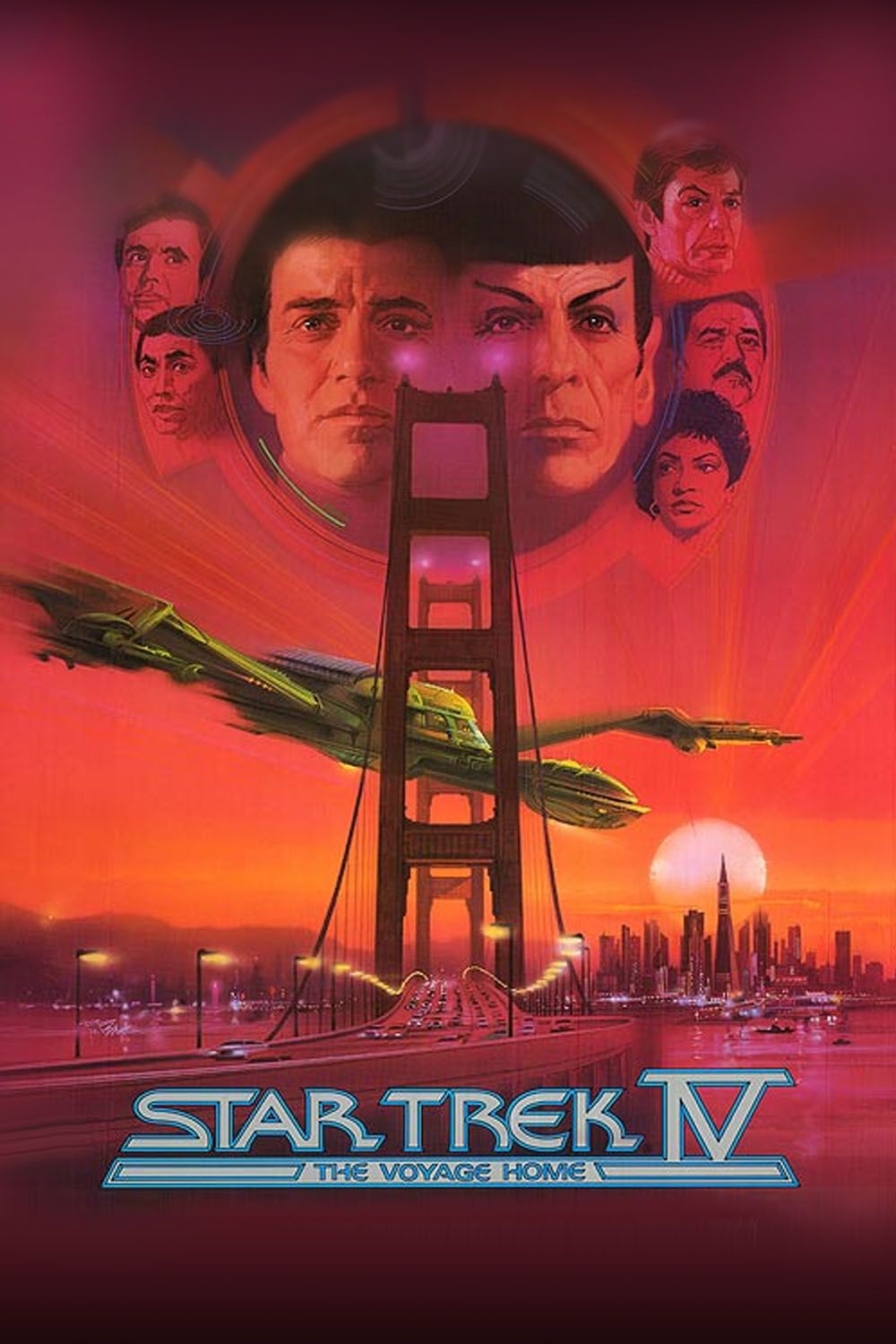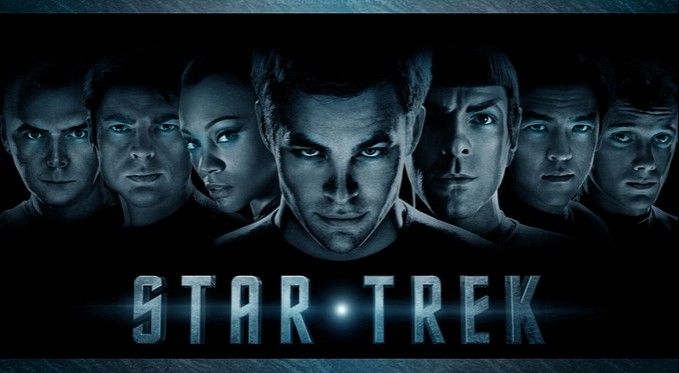MOVIE URBAN LEGEND: "Star Trek: The Next Generation" was created due to William Shatner's salary demands for "Star Trek IV".
Ever since the show exploded in popularity upon hitting syndication in the 1970s, "Star Trek" has been the biggest jewel in Paramount's crown. However, along with that great success came two notable problems. One, how to stay true to the original series while putting out new product, and two, how to keep the stars of the original series from realizing just how important they were to the success of the property going forward. Those competing interests came to a head following the box office success of "Star Trek III: The Search for Spock". The studio naturally wanted to do a fourth film, but William Shatner, who played Captain James T. Kirk, and Leonard Nimoy, who played Mr. Spock (and directed "Star Trek III") wanted significant salary increases for a fourth film.
How, then, did that salary impasse ultimately lead to "Star Trek: The Next Generation"?
Read on to find out!
Once Paramount and Shatner seemed to be at loggerheads over his salary for the fourth film (not even getting into how Nimoy would respond based on what Shatner signed for), the studio began to come up with other possibilities for the fourth "Star Trek" Film.
One of the ideas that got a lot of attention was a prequel film. In October 1986, before the release of "Star Trek IV", a Paramount executive told the New York Times, "We thought of establishing new characters in a movie we called "Star Trek: The Academy Years"." Ultimately, Shatner and Nimoy both agreed to return for the same $2.5 million salary (Nimoy's salary covered acting and directing, though, which allowed Shatner to feel as though he technically got more money for his acting performance). "Star Trek IV: The Voyage Home" was a big hit.
However, the idea of doing a brand-new series with younger actors had hit a spark at Paramount and they began to develop a new "Star Trek" series set 100 years after the famous original version. They intentionally went with lesser-known actors to avoid any salary issues. They offered the idea to the four networks, but NBC and ABC wanted them to film a pilot before giving any approval and CBS wanted to do it as a mini-series. Only Fox would commit to the idea as a series right away, but even there, they would only commit to 13 episodes. Eventually, Paramount just decided to do it on their own. "Star Trek: The Next Generation" would debut in first-run syndication in September of 1987 (that was another issue, as Fox wanted it by June 1987). It would become a massive success.
The "Starfleet Academy" idea would be revisited after "Star IV". Producer Ralph Winter recalled to Edward Gross' "The Fifty-Year Mission: The Complete, Uncensored, Unauthorized Oral History":
I had pitched Harve an idea, "The Academy Years", at his daughter's bat mitzvah. I remember saying to him we shouldn't make "Star Trek V." We should make "Star Trek V", "VI" and "VII". We've just demonstrated with "Star Trek III" that we can do a young Spock. We should see how these guys meet the first time. And build something that would be a reboot of this with younger characters to pick up with when these older characters don't want to do this as much. He loved the idea. We followed up on it. We got the studio excited about it. David Loughery wrote a script and it was terrific. It was set in Huntsville, Alabaama. It was the training ground for Starfleet Academy. It was young Kirk and Bones and Spock, who was the first off-worlder to attend. The three of them become friends and they're all the extremes that were presented in the TV series. Spock is uberlogical, Kirk is the ladies man and always out there, and Bones is trying to be a medical student.
Harve Bennett pushed for that idea after "Star Trek V" was a box office failure, but ultimately he was overruled and he decided to leave the franchise entirely. Of course, the "Starfleet Academy" idea was basically the one that JJ Abrams later did with the current "Star Trek" film franchise.
The legend is...
STATUS: Basically True
Be sure to check out my archive of Movie Legends Revealed for more urban legends about the world of films. Click here for legends specifically about Star Trek.
Feel free (heck, I implore you!) to write in with your suggestions for future installments! My e-mail address is bcronin@legendsrevealed.com.




